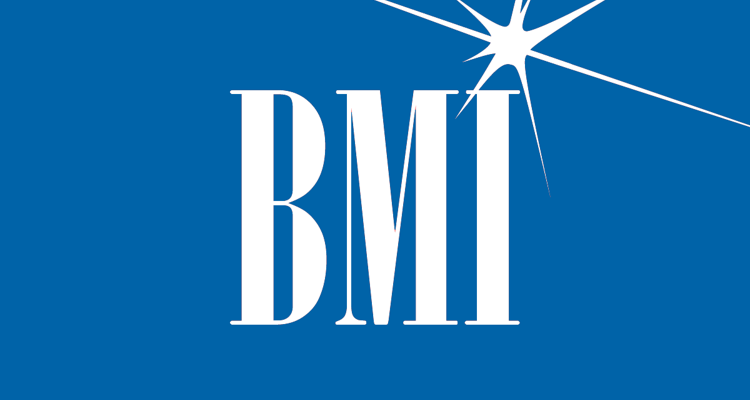Photo Credit: Broadcast Music, Inc.
A U.S. district judge has officially issued a ruling in a long-running rate dispute between the North American Concert Promoters Association (NACPA) and Broadcast Music, Inc. (BMI), which is touting the decision as a “massive victory.”
BMI, which remains subject to a consent decree but is nevertheless pursuing profitability, celebrated the decision (issued by Judge Louis L. Stanton) via a formal release that was emailed to DMN. The performance rights organization (PRO), which represents the works of approximately 1.3 million songwriters, composers, and publishers, had since 2013 been engaged in a rate disagreement with NACPA.
Established in 1988, the latter negotiates licenses for the public performance of songs at concerts and festivals on behalf of 46 members, including Live Nation (today’s leading promoter) and AEG Presents. NACPA and BMI inked a 1998 agreement that saw the former pay 0.3% of “gross ticket revenues” for concerts with up to 10,000 seats and 0.15% of the sum for shows with north of 10,000 seats.
A 2006 pact then maintained this 1998 rate while likewise establishing separate terms for festivals (0.4% for happenings with up to 10,000 attendees, 0.3% for those with over 10,000 attendees). And since BMI terminated the contract at 2013’s end, the parties have gotten by with interim agreements.
But the PRO turned to legal action as it pushed for updated terms for the “current” period (July of 2018 through December of 2022) as well as the prior window (January of 2014 through June of 2018). And NACPA, for its part, largely sought a continuation of the same terms contained in the 2006-2013 licensing deal.
In the interest of (relative) brevity, BMI also attempted to broaden the definition of “gross ticket revenues” – and, in turn, the amount due under the contracts. Specifically, the PRO worked to extend the category beyond tickets’ face value and to (among other things) income attributable to service fees, box-suite and VIP packages, and sponsorships.
Despite determining that “sponsorship and advertising contributions must be excluded because they do not reflect the music or its performance,” the court approved most of BMI’s sought ticket-revenue expansions for the current-period license.
“Accordingly, the gross revenue base, the foundation of the license in question,” the judge penned, “is enlarged to include not only the face value of tickets, but also the value of tickets sold in the primary instance directly onto the secondary market, ticket servicing fees received by the promoter, and revenues from box suites and VIP package[s] that are attributable to live concerts and paid to the promoter or a contractually related third-party.”
Finally, besides describing as “unacceptable” BMI’s proposal for a 0.8% rate (citing the implied rates of other stateside live-performance licensing tie-ups), Judge Stanton indicated that the rate established by the aforesaid 2006 BMI-NACPA contract “still sets the floor from which to determine the reasonableness of the new license.”
And after highlighting the details of NACPA’s agreements with ASCAP and SESAC, the court found that a “rate of 0.5% of the expanded gross revenue base is therefore a reasonable one” for BMI for the current period.
Judge Stanton also approved BMI’s proposal for the prior-period license, albeit while rejecting the PRO’s request to eliminate a longstanding 10% “administrative discount” implemented to compensate NACPA for rendered “assistance in consolidating its members’ payments and reporting them to BMI.”
In a statement, BMI president and CEO Mike O’Neill said in part: “This is a massive victory for BMI and the songwriters, composers and publishers we represent. It will have a significant and long-term positive impact on the royalties they receive for the live concert category.
“While we’re thrilled with this outcome, we find it incredibly disappointing that it took millions of dollars and years of litigation to get Live Nation, AEG and NACPA to finally pay songwriters, composers and publishers what they deserve,” concluded the approximately three-decade BMI higher-up, whose company’s release doesn’t directly mention the new rate but emphasizes that it’s “138% higher than the historical rate.”

